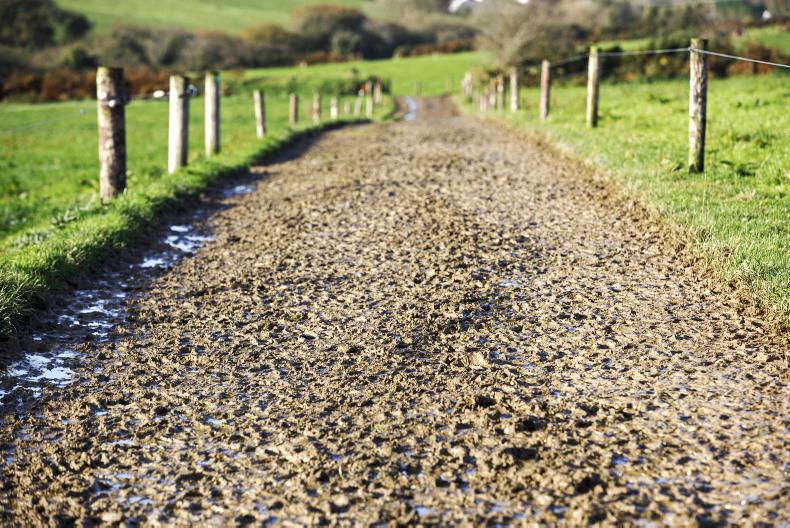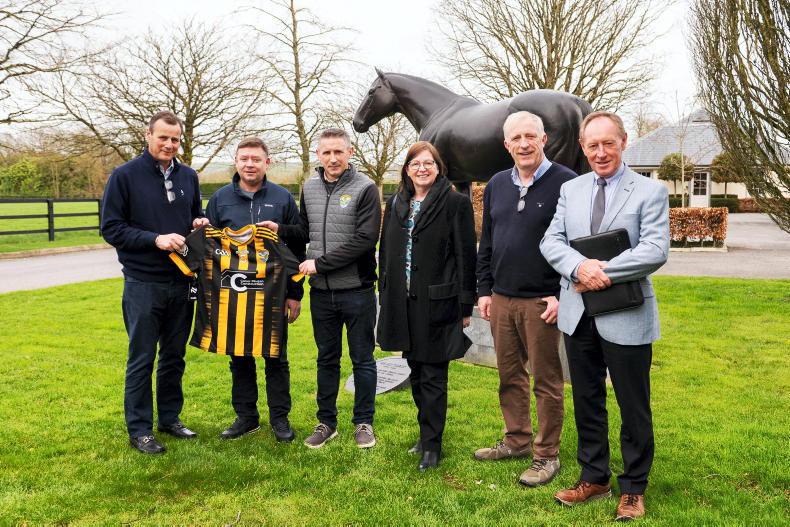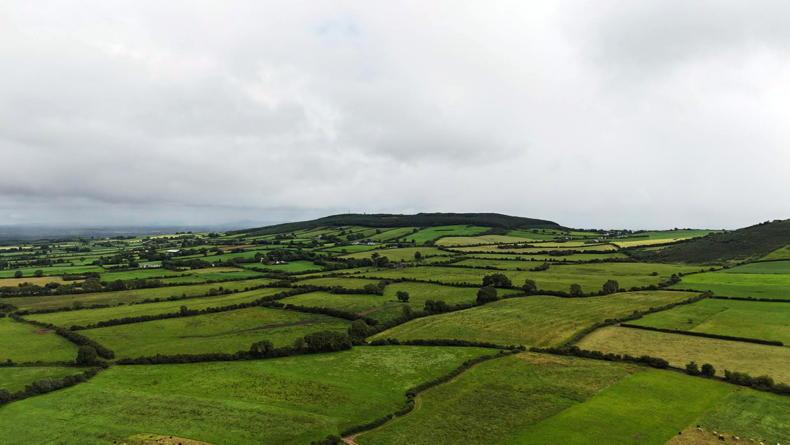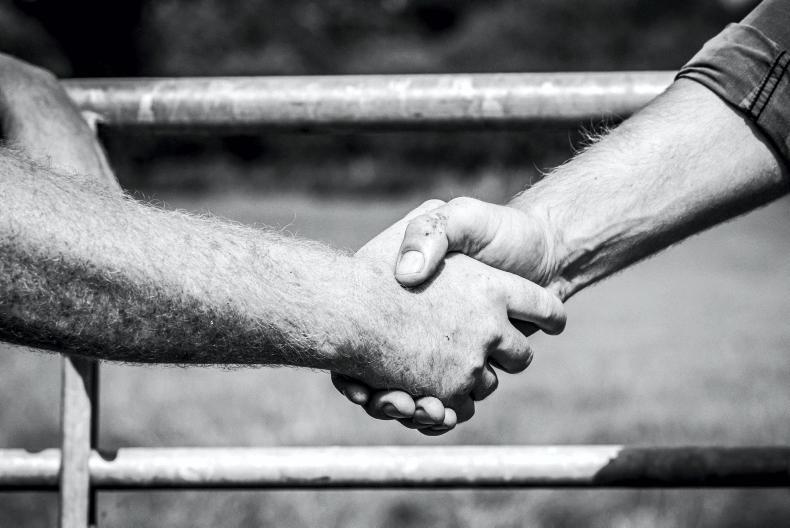The Common Agricultural Policy (CAP) tends to slow down land release by older farmers, a European Commission evaluation of a study on the impact of the CAP on generational renewal has said.
The Commission said land provides older farmers with income support in retirement, in the absence of adequate pension systems.
It said there is a need to consider measures to help older farmers to release land by providing them with options for the gradual transfer of assets and ways to increase their retirement income or quality of life, possibly by exploring possibilities under social policy.
Early retirement scheme
Some case-study evidence, in Ireland and France, showed that the former CAP early-retirement measure “had not been appropriately designed” to fit the specific needs and concerns of older farmers.
“This was because it required the older farmer to completely cease farming activities and involvement in the farm.
“The World Bank report acknowledged that the ‘CAP does … provide an important social safety net for existing landowners, including the elderly’,” it said.
Income support
Older farmers may be unwilling to sell land, the Commission said. In several case studies, including Ireland, beneficiaries and some government officials stated that farmers use direct payments as a form of income support in retirement.
“This increases older farmers’ reluctance to make the land available to younger farmers (although share-farming might provide such an opportunity),” it said.
It added that in more market-oriented economies, such as Denmark, the UK, or Belgium, where land comes more easily onto the market, “land is still expensive and requires access to significant resources for anyone who needs to rent or buy it”. This is most likely for non-family entrants to farming, it said.








SHARING OPTIONS